As we are in the digital age, in our daily lives, technology has a big role to play in revolutionizing how we access health information, track wellness, and interact with medical professionals. HealthTech offers to increase health outcomes and make healthcare more available using everything from fitness trackers to telemedicine.
So, as tech usage increases, there is rising worry about a phenomenon that has been going on for years, as we call it, HealthTech Addiction, and its possible effect on our mental health.
What Is HealthTech Addiction?
The addiction to HealthTech is meant as the compulsive or excessive use of health technologies that is harmful. Anything from overusing fitness trackers and health apps to constantly equating fixation on the state of health with good health via fitness trackers, 24/7 monitoring, or receiving online medical advice counts.
HealthTech, initially intended to enable users with useful health insights along with encouraging of adoption of a healthy lifestyle, overly depending on these technologies can lead to serious mental health issues.
The Link Between HealthTech Addiction and Mental Health
Increased Anxiety and Stress
Heightened anxiety is one of the most significant psychological effects (s) of HealthTech addiction. Pursuing perfection through calorie tracking, step count, heart rate or even sleep patterns is a constant and unhealthy obsession.
Many users experience “fitness anxiety,” where the pressure to meet daily health goals becomes overwhelming. Users will feel frustrated, stressed, or defeated if the goals are not achieved. In extreme cases, people can go as far as to do harmful things to meet certain health targets.
Like an addiction, for example, a person who is addicted to a fitness tracker could become obsessed with working out and starving themselves, developing some form of disordered eating or overtraining. This kind of behavior can intensify stress and anxiety, leading to very poor interactions with technology and personal health.
Obsession with Symptom Checking: Hypochondria
Digital hypochondria is also a form of health tech addiction in which an individual repeatedly checks for symptoms or uses online diagnostic tools even if concerned only moderately. Obsessing self-diagnosis can lead to more anxiety where individuals start to focus on actual or perceived health problems that do not exist at all. It can form a cycle of health worry and unnecessary visits to the doctors causing additional distress.
Additionally, there is internet health information everywhere with no context, which can lead to unnecessary panic. This may lead users to misinterpret normal bodily sensations, or minor changes to worse, as serious to their health causing increases in users’ mental and emotional stress levels.
Social Media Influence: Body Image Issues
Unrealistic health and fitness ideals are often promoted on social media platforms and users feel inclined to reach certain physical standards, which leads to pressure. This problem can easily be aggravated by the HealthTech addiction and the urge to compare your daily routine to an online idealized version of a healthy human.
Last of all, users who track every aspect of their life, may be so focused on their physical appearance, that it creates body image issues, low self-esteem, and even depression.
It is particularly worrying for young adults and teens who might be more easily swayed by what is on social media. HealthTech addiction, in the same way, repeated tips on how to become beautiful and fit can cause eating disorders, anxiety, and depression while trying to achieve goals that are just unattainable.
Disconnection from Real-Life Social Interactions
Ironically, if used excessively, HealthTech aims to improve communication and care, yet it becomes something that further separates us and isolates us socially. In health apps, people may spend too much time focusing on them, neglecting the need for social interaction in reality, which may affect them mentally. Virtual connections over face-to-face can leave one feeling lonely, depressed, and isolated.
Constant use of HealthTech also does not help one relax and unplug, while use can interfere with work and life in general causing a person to become dependent. This constant need for monitoring and tracking can keep the users away from practicing a balanced lifestyle, which can lead to burnout and emotional exhaustion.
How to Maintain a Healthy Relationship with HealthTech
HealthTech can be very beneficial when used in the right amounts, but it is also important to find the balance to look after mental well-being. These are some of the tips to keep tech relationships healthy.
Set Boundaries
So it’s important to establish clear boundaries about the use of health apps and devices. Determine specific times to check your health data and don’t get addicted to small fluctuations. Don’t use any kind of health tracking tool just before going to bed overnight so you don’t disturb your sleep or create anxiety.
Technology is Aid, not control
Therefore, HealthTech should be used to help, not control your life. Set achievable health goals with apps and devices, but don’t tie yourself and your worth to them. Instead of measuring and weighing everything, shift to overall health of mind and heart.
Take Breaks from Screen Time
Take time away from health apps and devices and give yourself regular breaks to reset your mind and emotions. Participate in physical activities without the obligation to record every movement. Taking the screen out of the equation lets you enjoy purely physical activity for what it is instead of reaching a metric.
Seek Professional Help When Needed
Don’t hesitate to talk to a mental health professional if you think that your usage of HealthTech is causing any mental health issues for you. If you suffer from anxiety or stress over your HealthTech addiction, therapy or counseling will be able to help you tackle the underlying issue and create better habits.
Conclusion
The possibilities of HealthTech are immense to reinvent how we monitor our health and wellness, yet, as it is with any tool, it must be used responsibly. Mental health can be highly affected by HealthTech addiction through issues such as anxiety, stress, body image issues,s and social isolation. However, by keeping a balanced approach, supported by technology and not controlled by it, we can enjoy the objective benefits of HealthTech while staying safe from the dangers of stolen data, anxiety, and mental and emotional fatigue.
Keep in mind that if you experience negative effects of the relationship with HealthTech for your mind, try to get professional tips that will lead you to a healthier and more balanced life.
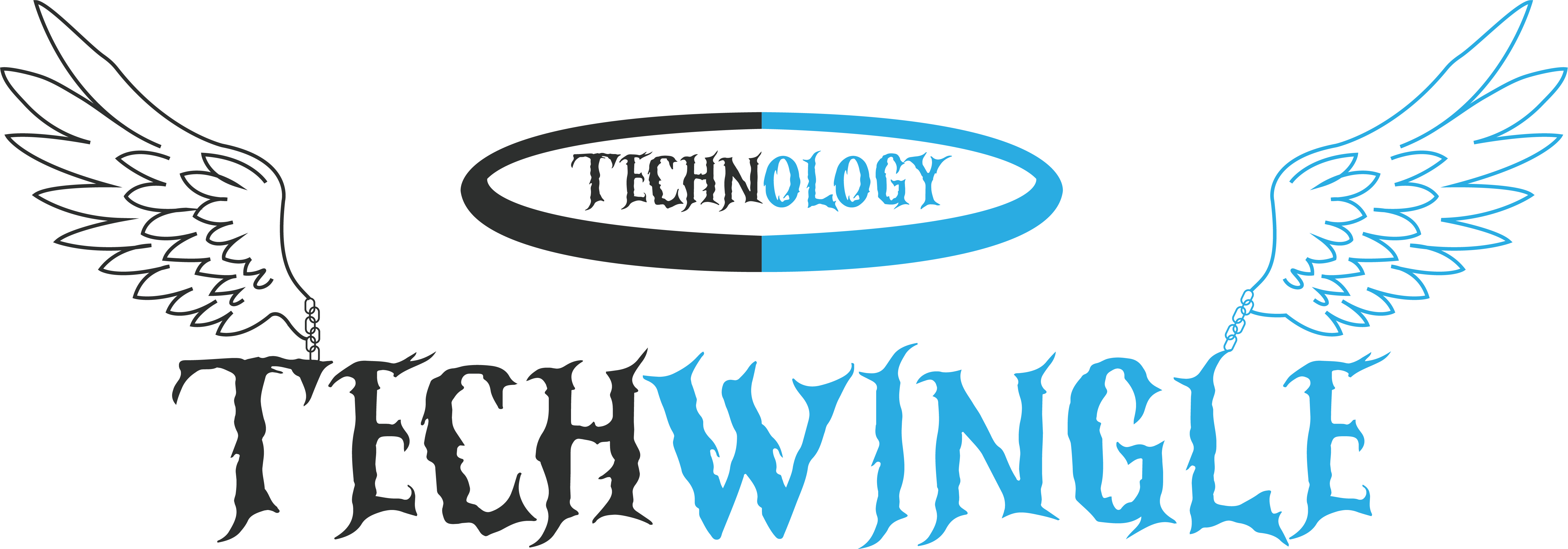
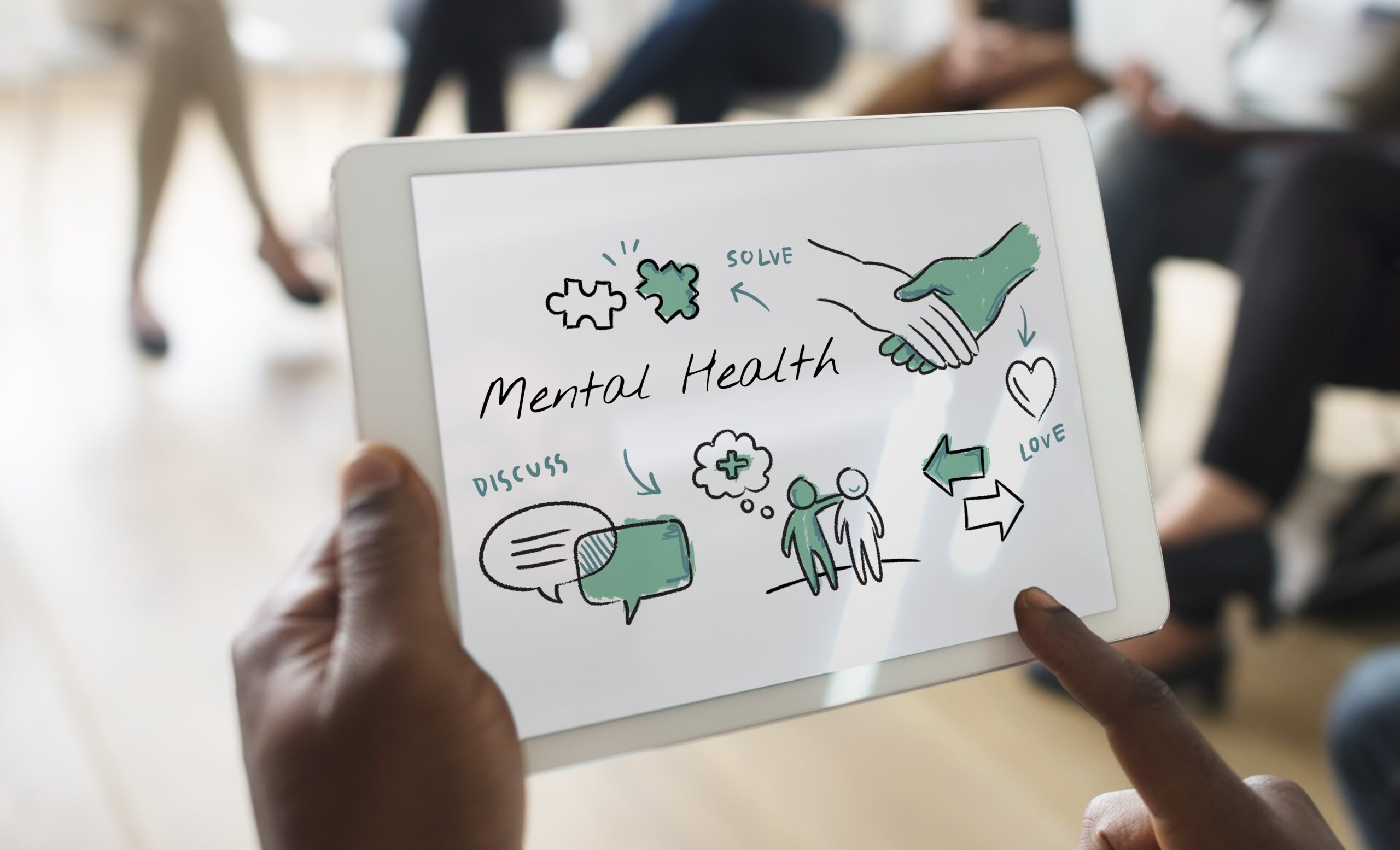
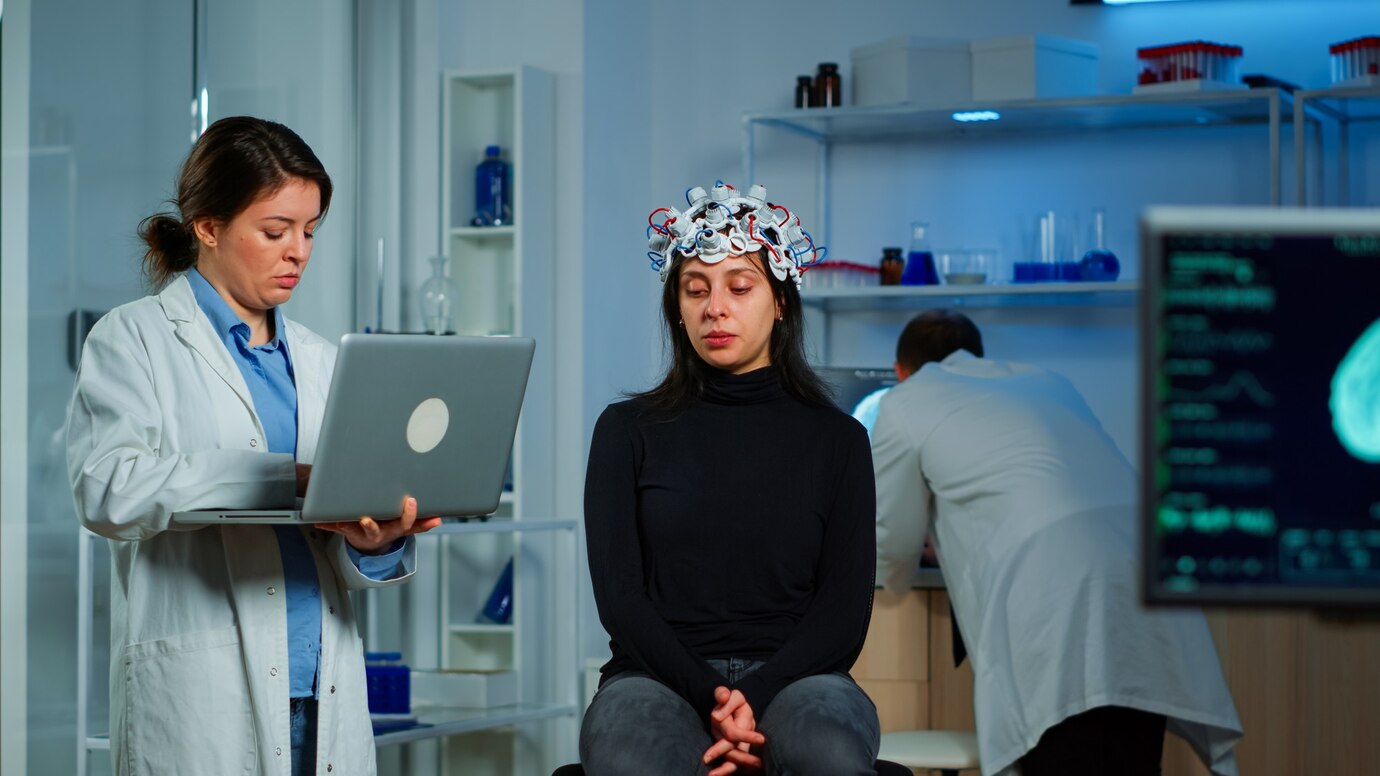
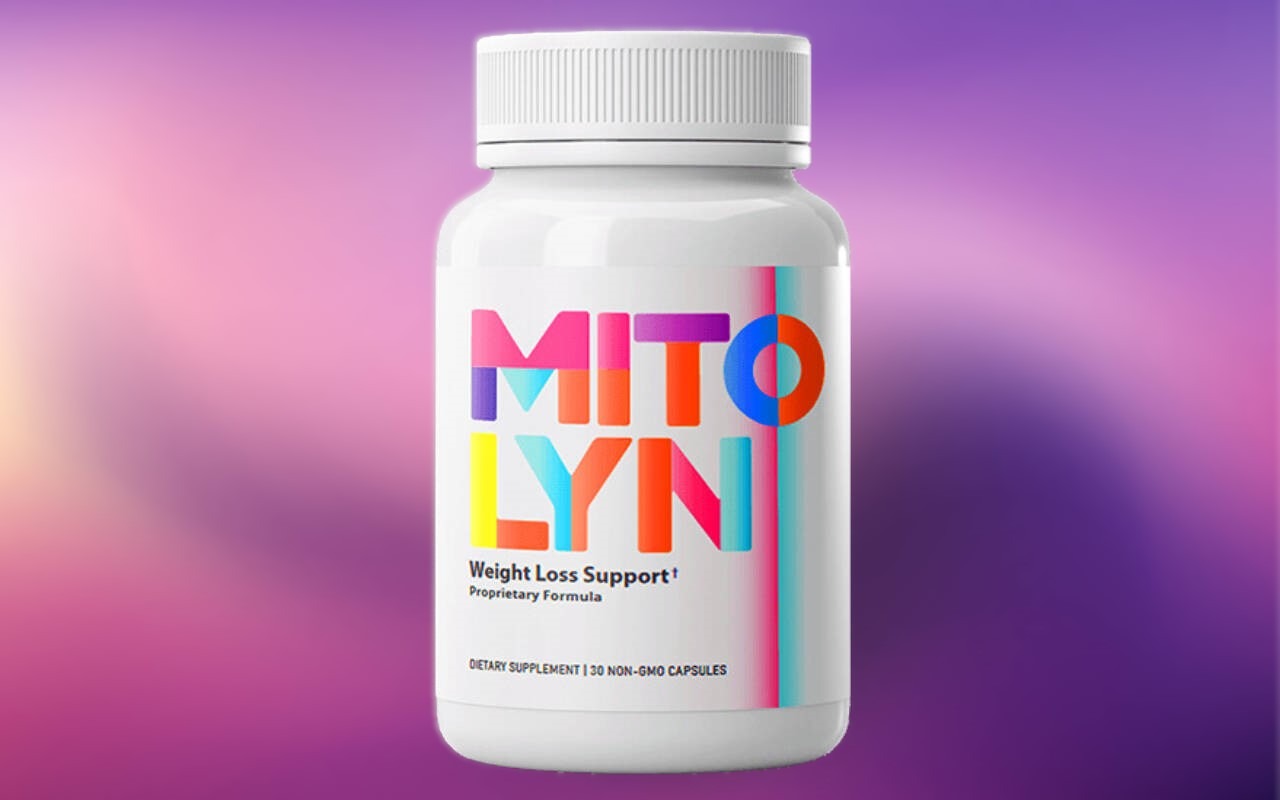
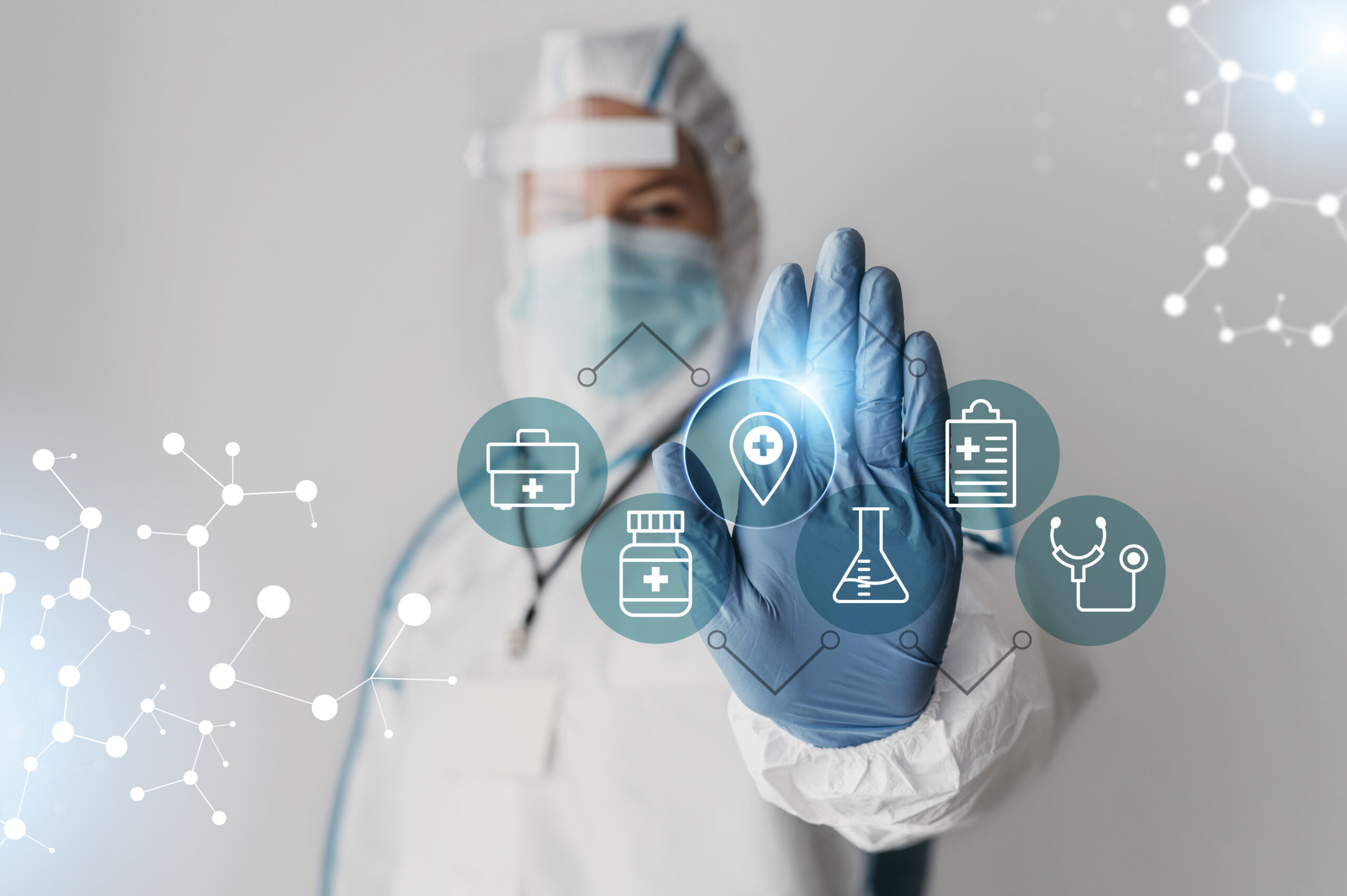
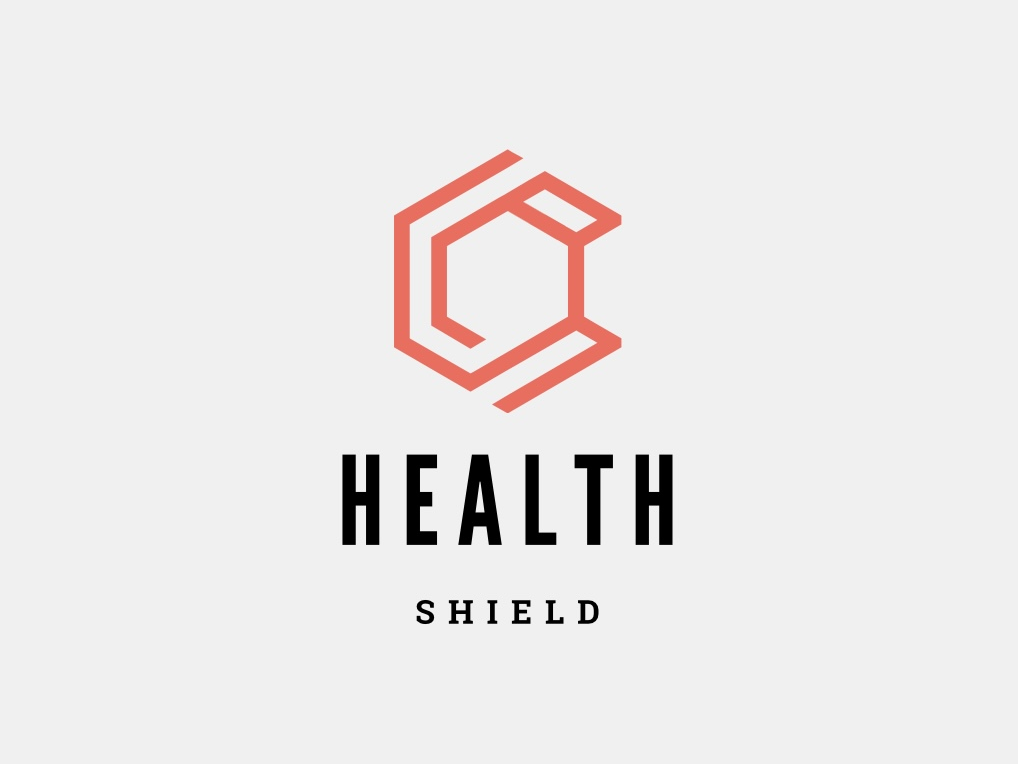
When I originally commented I clicked the -Notify me when new comments are added- checkbox and now each time a comment is added I get four emails with the same comment. Is there any way you can remove me from that service? Thanks!
fascinate este conteúdo. Gostei muito. Aproveitem e vejam este conteúdo. informações, novidades e muito mais. Não deixem de acessar para descobrir mais. Obrigado a todos e até a próxima. 🙂
Spot on with this write-up, I truly think this website wants way more consideration. I’ll probably be once more to read much more, thanks for that info.